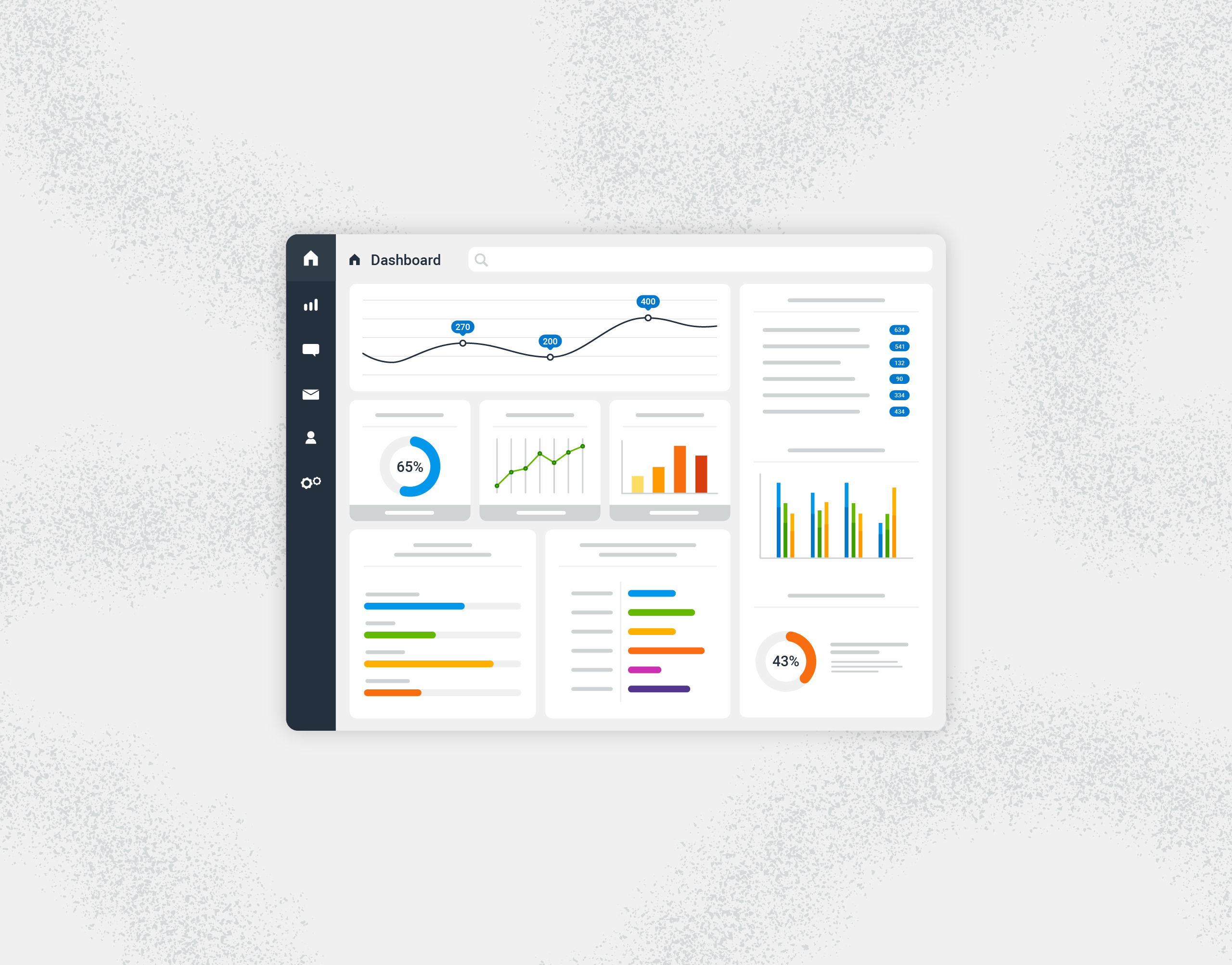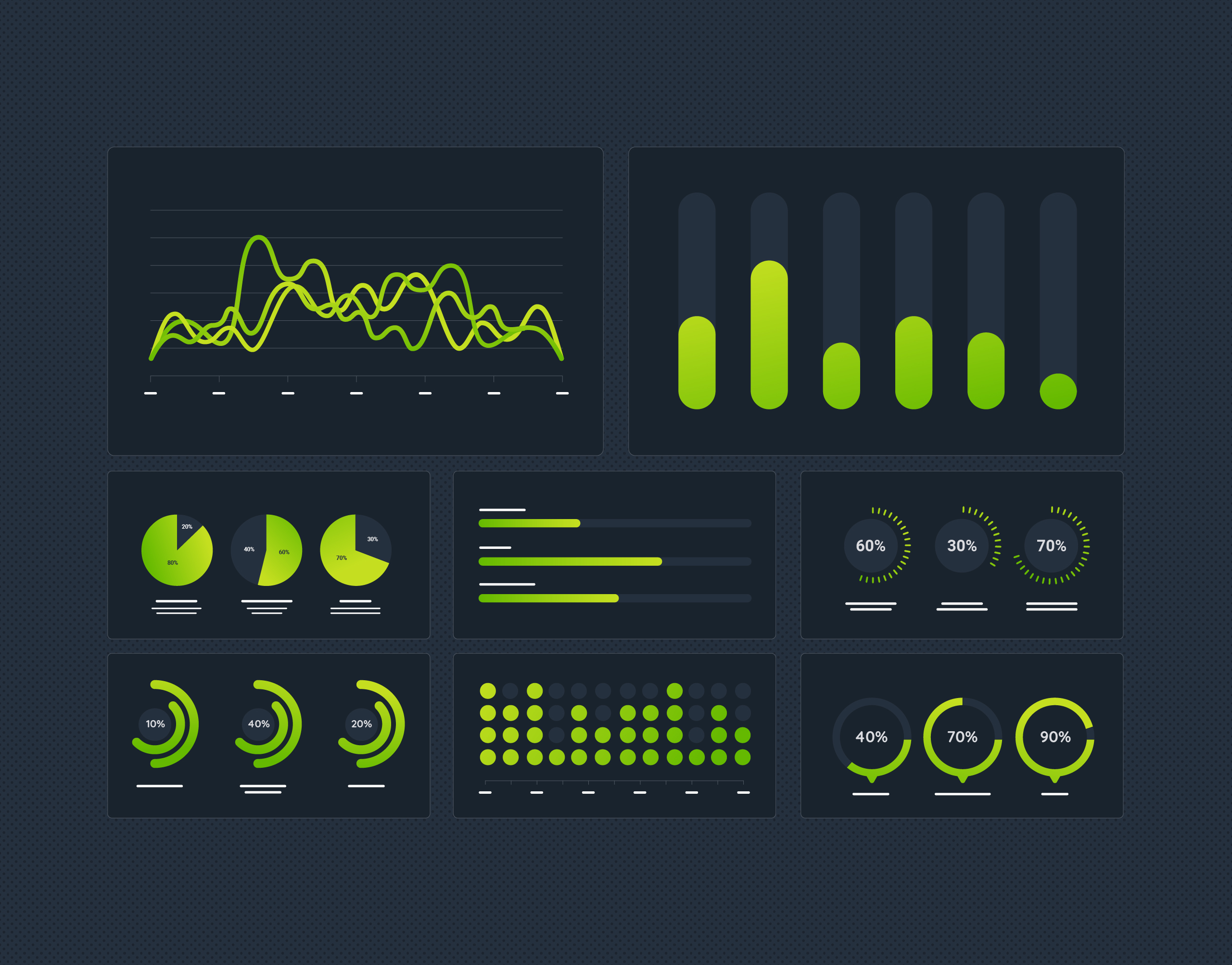This year was my third in a row attending (and now speaking at!) Monitorama. Because the organizers do a great job of turning introverts into extroverts for three days straight, it’s always a fun and exhausting time—but one of my favorite parts is how much folks continue talking about and sharing the content, days or weeks after it’s over. So, to continue the drumbeat, here were some of my highlights from this year:
I love the stories about real-world engineering teams struggling to make sense of their systems, and Luke Demi’s talk (“Logs, Metrics, and the Evolution of Observability at Coinbase”) was no exception. Unlike many past talks at Monitorama, his take didn’t describe the arduous journey of inventing their own solutions—instead, he walked the audience through the tradeoffs made by Coinbase engineering as they tried out different vendors and learned what qualities were ultimately important to them.
As a bonus, he made the most compelling case for understanding context that I’ve come across yet:
‘metrics alone DO NOT give you context and you NEED context’ 👏👏👏 @luke_demi_ showing how looking at the granular details of The Starry Night doesn’t tell you what’s really going on… the lights are out in the church 😉 #monitorama pic.twitter.com/5o6pUBj2eT
— Catchpoint (@Catchpoint) June 4, 2019
trying to zoom in on pre-aggregated metrics… is like low-res art, having 🙌 lost all their context 🙌 @luke_demi_ ftw at #monitorama pic.twitter.com/X4ZJf0f9CL
— Christine Yen (@cyen) June 4, 2019
Another highlight for me was Nida Farrukh’s talk (“The Power and Creativity of Postmortem Repair Items”), arguing that outages are the best catalyst for change in engineering teams and practices. A real benefit of bringing together folks across hundreds of different organizations, all interested in harnessing the power of data to understand systems, is in being able to talk about the human aspect of our business: how the result of our work can feed back into how our engineering teams work together.
Outages contain tons of valuable data about how your systems work. Take that data and act on it.
IT COST YOU AN OUTAGE to get it so don’t let it go to waste!#Monitorama
— Brandon Olin – 200 🆗 (@devblackops) June 3, 2019
And, when postmortem’ing an outage, she reminded us all to include different perspectives (smells like “don’t forget to pull devs into postmortems, too” reminder to me!):
https://twitter.com/lizthegrey/status/1135625417560186880
And finally—while the event itself is consistently great, it’s almost more fun to look at Monitorama as a metacommentary on the industry as a whole. As the monitoring/observability zeitgeist changes, so too does the tenor of the conversation and programming:
- From my first Monitorama in 2017, with 0 talks on “observability” and among which Charity, speaking on “Monitoring: A Post Mortem,” predicted seeing everyone the next year at “Observabilityorama”…
- To 2018, in which there were no fewer than 6 talks on “observability,” each with a painstakingly crafted “definition of observability” slide…
- To 2019, in which the event tagline itself was changed to “An Inclusive Event for Monitoring and Observability Practitioners,” and I only counted one “what is observability?” definition across 7 observability-related talks.
It’s been great to see the industry’s focus evolve and begin to mature, and I am looking forward to seeing what the landscape looks like at next year’s Monitorama!
A note from Honeycomb Marketing
We’d be remiss to not share links to the talks Christine and Liz Fong-Jones delivered at Monitorama 🙂
Christine spoke about developing your own superpowers with observability:
And Liz spoke about the many tradeoffs on the road to observability:
We always learn a lot at Monitorama, and hope to see you all there next year. Until then, find out what observability can do for you, no strings attached, at Honeycomb Play.









